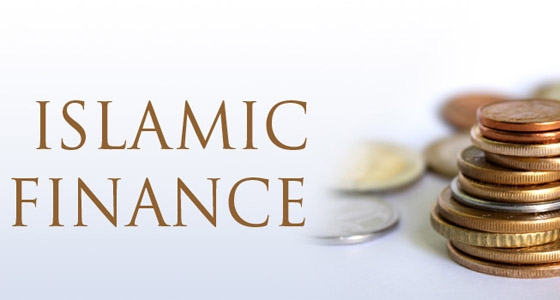Record growth in the Islamic financial services (IFS) segment in 2012 firmly cemented Saudi Arabia as a global leader in the industry. However, while the segment looks set for further growth several industry leaders have called for greater regulatory uniformity across global markets.
The Kingdom issued $10.5bn in sukuk in 2012, a 278% increase over 2011, according to a February 2013 report from Kuwait Financial House. While Malaysia remains the world’s top issuer, the Kingdom took the number two spot in 2012, following the $4bn General Authority for Civil Aviation offering, the first government-backed sharia-compliant bond issue, and the single-largest sukuk anywhere to date.
With continued growth in the Islamic bond market, the GCC’s sukuk issuances are set to reach $30bn-35bn in 2013, said Mohammed Dawood, managing director at HSBC Amanah, in an interview with Bloomberg News. At present, the Kingdom’s Islamic financial assets make up more than one-quarter of the GCC’s total Islamic assets, and by 2015, Saudi Arabia’s share will grow to more than half, according to Ernst & Young forecasts.
Despite this sustained period of growth, the supply of sharia-compliant bonds has yet to catch up with interest from Islamic financial institutions, fund managers and high net-worth individuals. This interest translated into demand worth $300bn in 2012, more than twice the $132bn total reached in 2011, according to estimates from Ernst & Young’s 2011-12 World Islamic Banking Competitiveness Report, which also stated that global demand is expected to top $900bn by 2017.
And, Islamic finance is now attracting a broader consumer base, as non-Islamic banks and funds increasingly see sharia-compliant financial vehicles as attractive investment options. In February 2013, Kingdom Holding, a Saudi investment firm with stakes in multinational companies, including News Corporation, Twitter and eBay, became the latest to consider the model after forming a committee of sharia scholars to study conversion to Islamic financing methods.
“Conventional institutions are also showing renewed interest in investing in sukuk due to the eurozone debt crisis, as these Islamic products are backed by real assets,” Ashar Nazim, a partner and head of the Global Islamic Banking Centre at Ernst & Young, told the Financial Times.
Indeed, growth in the Kingdom’s Islamic financial assets, including cooperative insurance and consumer loans, outpaced growth in traditional financial assets between 2008 and 2010, rising by 19% compared to 14% growth in traditional assets, according to Ernst & Young. The Kingdom is already the largest market in the world for sharia-compliant insurance in terms of annual contributions.
Islamic finance may also find a place in the housing market. As part of long-anticipated mortgage regulations rolled out in 2012, the central bank is set to establish the Saudi Real Estate Refinancing Corporation, which would have a minimum capital of SR2bn ($553m) and be responsible for issuing Islamic bonds or securities backed by mortgages or real estate, according to drafts of the mortgage regulations in November. As of early April, regulations for three of five new mortgage laws have been issued. The new laws are expected to boost demand for home loans in 2013 to $32bn annually, according to Saudi-based Capitas Group International.
Local firms are also reaching out into new markets abroad, including private equity, structured finance derivatives and mutual funds. The Jeddah-based National Commercial Bank, which launched the world’s first sharia-compliant mutual fund in 1987, announced the formation of two new Islamic equity funds in Dublin last December. Saudi investment fund Sedco Capital plans to add 8-10 funds to its offerings in 2013, bringing total assets on the firm’s Luxemburg Islamic-fund platform to $1.6bn.
“Islamic finance continues to venture beyond national borders,” said David McLean, CEO of the World Islamic Banking Conference (WIBC). McLean went on to say that for the industry to reach its full potential, however, it will require “the global synchronization of product offerings, business models, risk management practices and the supporting regulatory and legal infrastructure”.
Many analysts attending the 2013 conference held by the WIBC echoed McLean’s call for global standards on sharia compliance. Despite this challenge, with investors’ appetites for sharia-compliant products growing, Saudi Arabia, as the world’s second-largest issuer of sukuk, is certainly poised to hold its own in an expanding sector.
Oxford Business Group
12 April

























































